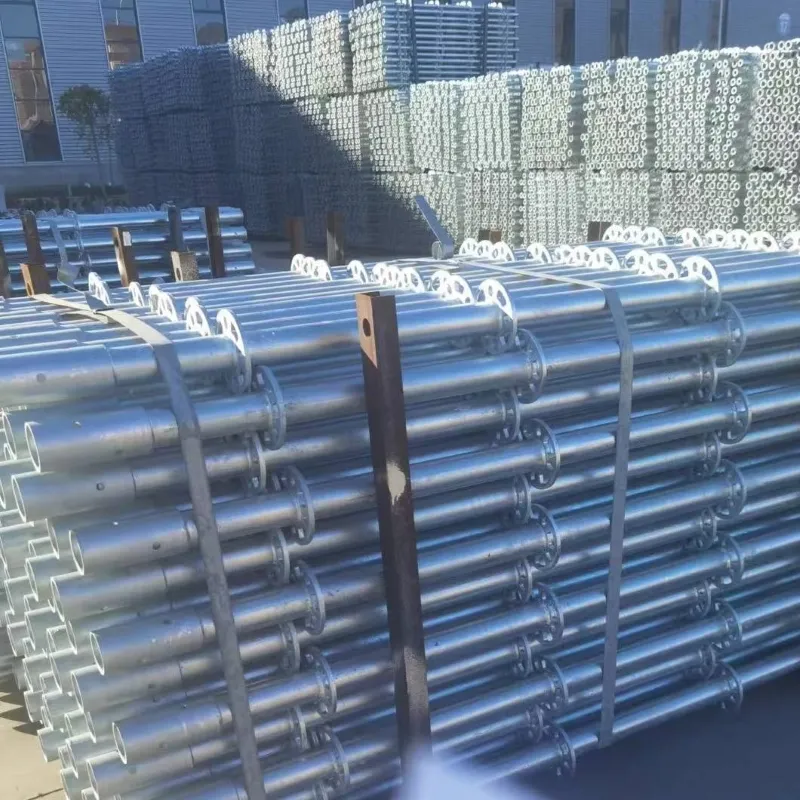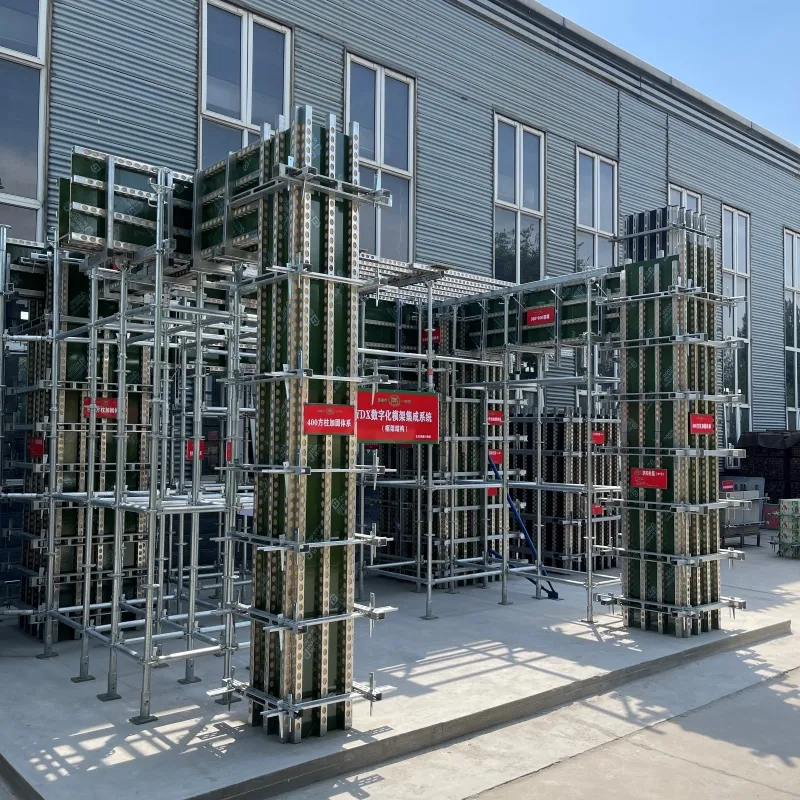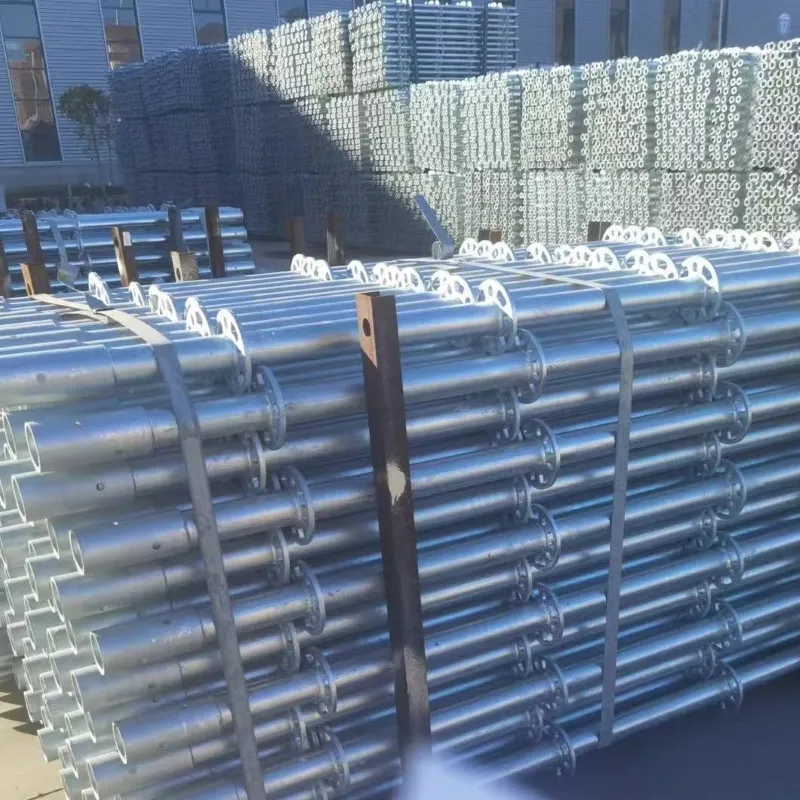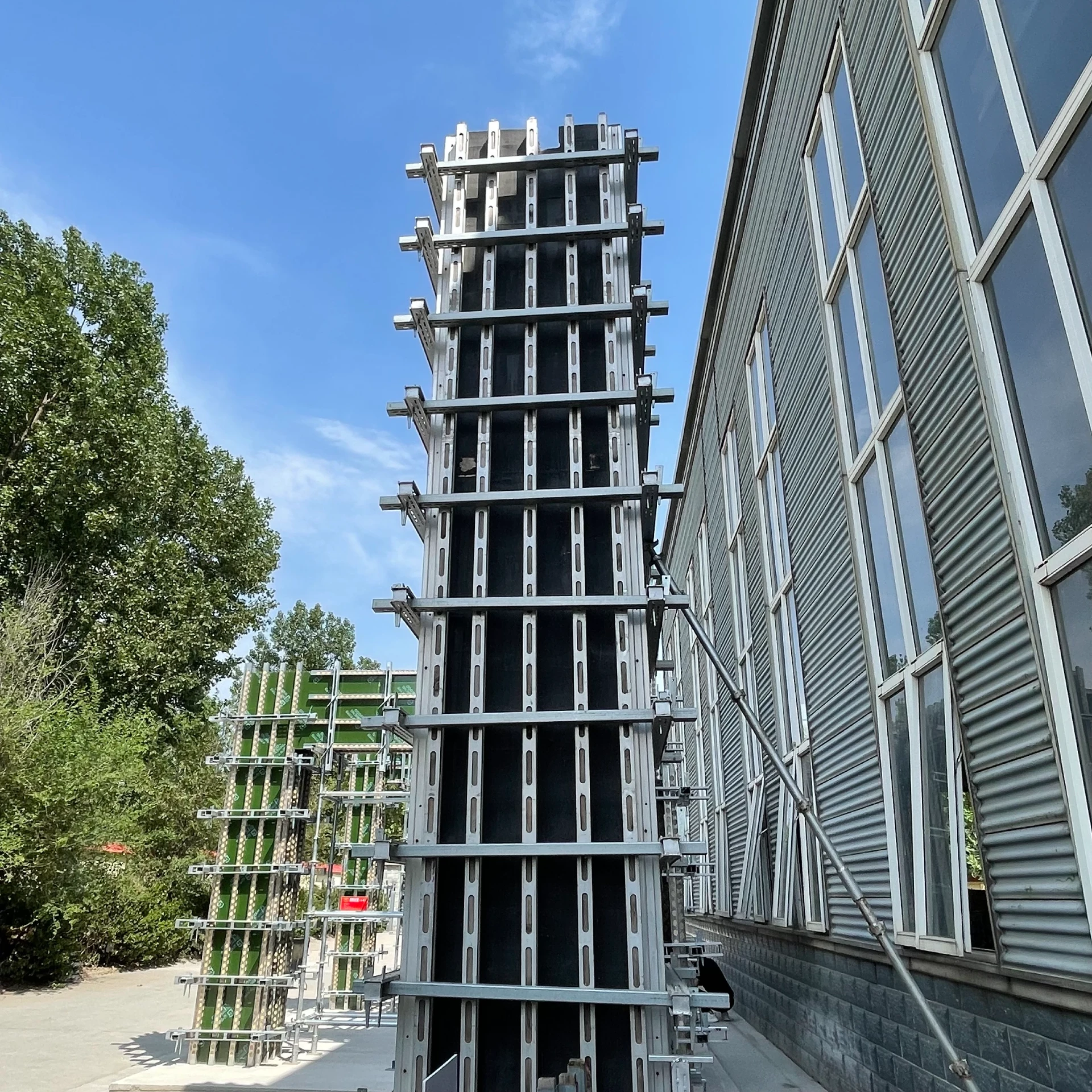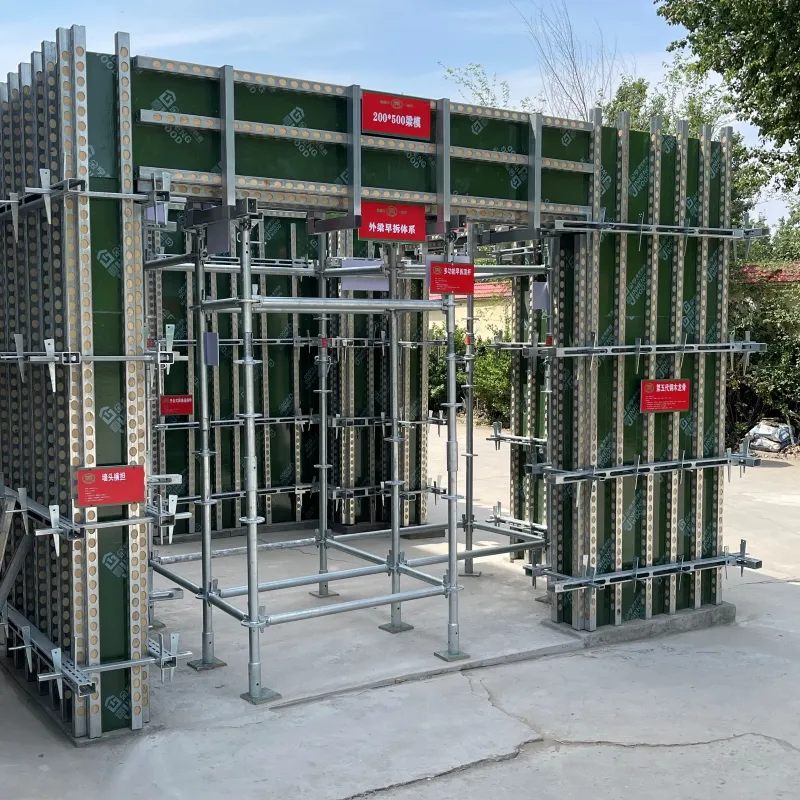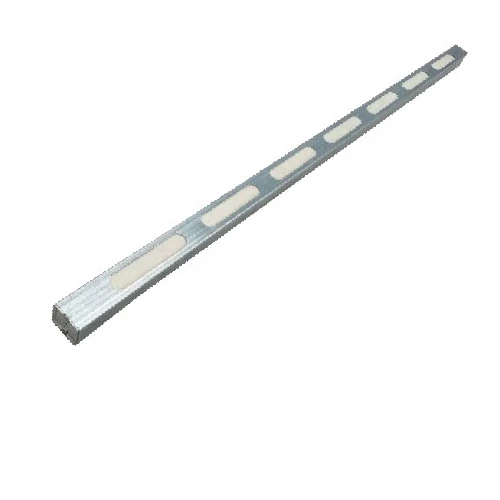
Th2 . 06, 2025 02:18
Back to list
composite wood beams
Composite wood beams have emerged as a versatile and eco-friendly solution in modern construction, offering numerous benefits that cater to both the needs of builders and the environmental objectives of the construction industry. As the world shifts towards sustainable practices, understanding the intricacies and advantages of composite wood beams is essential for anyone involved in building or architectural design.
Moreover, the aesthetic appeal of composite wood beams should not be underestimated. They can be designed to resemble various wood grains and finishes, providing architects and designers with the flexibility to achieve the desired look without compromising structural integrity. This versatility in appearance allows composite beams to be seamlessly integrated into both modern and traditional designs, enhancing the creative potential of any project. Studies and real-world applications further attest to the credibility and effectiveness of composite wood beams in construction. Projects utilizing these materials often report increased efficiency in installation and improved overall project timelines. This is partly due to the precision manufacturing process that ensures easy handling and fewer on-site adjustments, facilitating smoother construction phases. The lightweight nature of composite beams compared to solid wood or steel alternatives also contributes to reduced transportation and labor costs. For industry professionals, understanding the nuances of composite wood beams is crucial. Training programs and certifications in the handling and implementation of these materials are widely available and recommended. These programs ensure that professionals are well-versed in the best practices for integrating composite beams into their projects, maintaining standards of quality and safety. In conclusion, composite wood beams are a testament to innovation in sustainable construction materials, offering a harmonious blend of performance, environmental responsibility, and aesthetic flexibility. As the demand for greener building practices continues to rise, composite wood beams will undoubtedly play an integral role in shaping the future of construction. Their superiority in strength, durability, and environmental impact makes them a preferred choice for professionals aiming to deliver excellence in their projects. By embracing this advanced material, builders and architects not only meet the current demands of the industry but also contribute to a sustainable and resilient built environment.


Moreover, the aesthetic appeal of composite wood beams should not be underestimated. They can be designed to resemble various wood grains and finishes, providing architects and designers with the flexibility to achieve the desired look without compromising structural integrity. This versatility in appearance allows composite beams to be seamlessly integrated into both modern and traditional designs, enhancing the creative potential of any project. Studies and real-world applications further attest to the credibility and effectiveness of composite wood beams in construction. Projects utilizing these materials often report increased efficiency in installation and improved overall project timelines. This is partly due to the precision manufacturing process that ensures easy handling and fewer on-site adjustments, facilitating smoother construction phases. The lightweight nature of composite beams compared to solid wood or steel alternatives also contributes to reduced transportation and labor costs. For industry professionals, understanding the nuances of composite wood beams is crucial. Training programs and certifications in the handling and implementation of these materials are widely available and recommended. These programs ensure that professionals are well-versed in the best practices for integrating composite beams into their projects, maintaining standards of quality and safety. In conclusion, composite wood beams are a testament to innovation in sustainable construction materials, offering a harmonious blend of performance, environmental responsibility, and aesthetic flexibility. As the demand for greener building practices continues to rise, composite wood beams will undoubtedly play an integral role in shaping the future of construction. Their superiority in strength, durability, and environmental impact makes them a preferred choice for professionals aiming to deliver excellence in their projects. By embracing this advanced material, builders and architects not only meet the current demands of the industry but also contribute to a sustainable and resilient built environment.
Share
Next:
Latest news
-
The Importance of Reinforcement Bar in ConstructionNewsJul.11,2025
-
The Durability of Timber Steel FurnitureNewsJul.11,2025
-
How to Assemble Fixed Clamp Scaffolding SafelyNewsJul.11,2025
-
Essential Column Rebar Specifications for High-Rise BuildingsNewsJul.11,2025
-
Common Applications of Steel Keels in ConstructionNewsJul.11,2025
-
Benefits of Using Aluminum Scaffolding Ladders Over SteelNewsJul.11,2025
-
Stainless Steel Keel: Analysis of the Triple Advantages of Rigidity, Stability, and LightweightNewsJun.19,2025
Related Products




